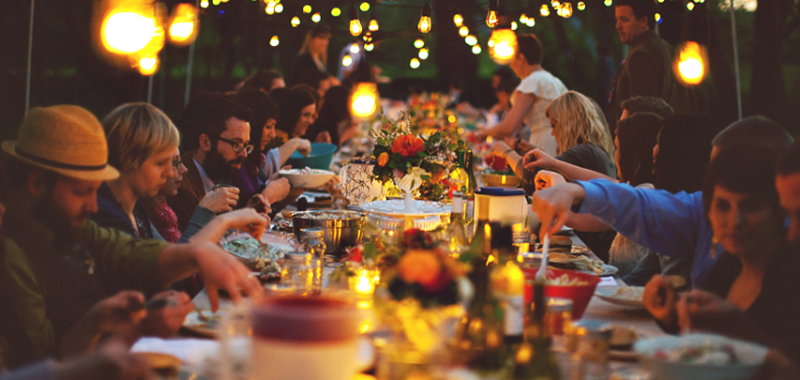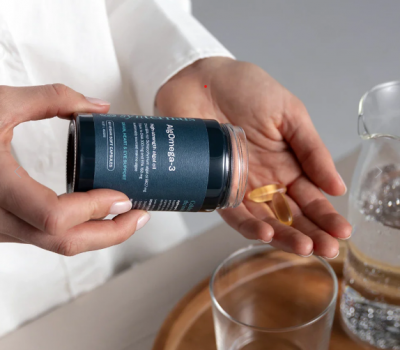By Dr. Craig Hookham
The summer holidays are here, and with them come Christmas celebrations, New Year’s gatherings, and countless festive feasts. While it’s the season of indulgence and joy, the combination of warm weather and perishable foods can create a perfect storm for foodborne illnesses. As doctors, we’re here to help you stay safe and healthy while you enjoy the festive season.
Why Is Food Safety Important?
Food poisoning is more than just an unpleasant inconvenience. It can cause serious illness, particularly in vulnerable groups such as young children, pregnant women, the elderly, and those with compromised immune systems. Common culprits like Salmonella, E. coli, and Listeria thrive in warm temperatures, making it essential to handle, store, and cook food with care during the summer months.
6 Essential Tips to Prevent Food Poisoning This Summer:
1. Keep It Cool
Perishable foods, such as meats, dairy, and seafood, should be kept refrigerated at all times. If you’re hosting a barbecue or picnic, use insulated coolers with plenty of ice packs to maintain a temperature below 5°C. Avoid leaving food out in the sun for extended periods—two hours is the maximum, and less if it’s particularly hot.
2. Separate Raw and Cooked Foods
Cross-contamination is a major cause of foodborne illnesses. Always use separate cutting boards and utensils for raw meats and ready-to-eat foods like salads or bread. Store raw meats at the bottom of the fridge to prevent their juices from dripping onto other items.
3. Cook Thoroughly
Ensure meats are cooked to the right internal temperature to kill harmful bacteria. For example:
- Poultry: 75°C
- Beef, lamb, and pork: 70°C (medium) or higher for well-done
- Fish: 63°C Use a food thermometer for accuracy and avoid guessing based on appearance.
4. Practice Good Hygiene
Clean hands are a must when handling food. Wash your hands thoroughly with soap and water before preparing meals and after handling raw meat or seafood. Encourage your guests to do the same, especially before digging into shared platters.
5. Keep Leftovers Safe
Leftovers are a staple of the festive season, but they need to be handled with care. Refrigerate leftovers within two hours and consume them within three days. Reheat thoroughly before eating, ensuring the food is steaming hot all the way through.
6. Watch Out for High-Risk Foods
Some foods are more likely to cause food poisoning, particularly if mishandled. Be cautious with:
- Raw seafood, such as oysters or sashimi
- Soft cheeses and pâté
- Pre-prepared salads and sandwich fillings
- Egg-based desserts like custards and mousses
Quick Checklist for Your Festive Feast:
- Plan Ahead: Ensure you have enough fridge and freezer space for your groceries and leftovers.
- Stock Up on Ice: Keep plenty of ice packs and insulated containers for outdoor gatherings.
- Use Labels: Label leftovers with dates to ensure they’re consumed within a safe time frame.
- Educate Your Guests: Encourage safe practices among family and friends, especially if they’re helping in the kitchen.
When to See a Doctor:
Despite your best efforts, sometimes foodborne illnesses can strike. Symptoms like nausea, vomiting, diarrhea, fever, and abdominal cramps are common. Most cases resolve within a few days, but you should seek medical attention if:
- Symptoms are severe or persistent
- You or a loved one becomes dehydrated
- A young child, elderly person, or pregnant woman is affected
At The Health Hub at Eaton Fair, we’re here to support you throughout the festive season. If you need advice or medical care, don’t hesitate to reach out to our friendly team.
Wishing You a Safe and Happy Holiday Season
Enjoy the festive cheer without the worry of foodborne illnesses. By following these simple food safety tips, you can focus on what matters most: making memories with loved ones. From all of us at The Health Hub at Eaton Fair, we wish you a joyful and healthy Christmas and New Year!





